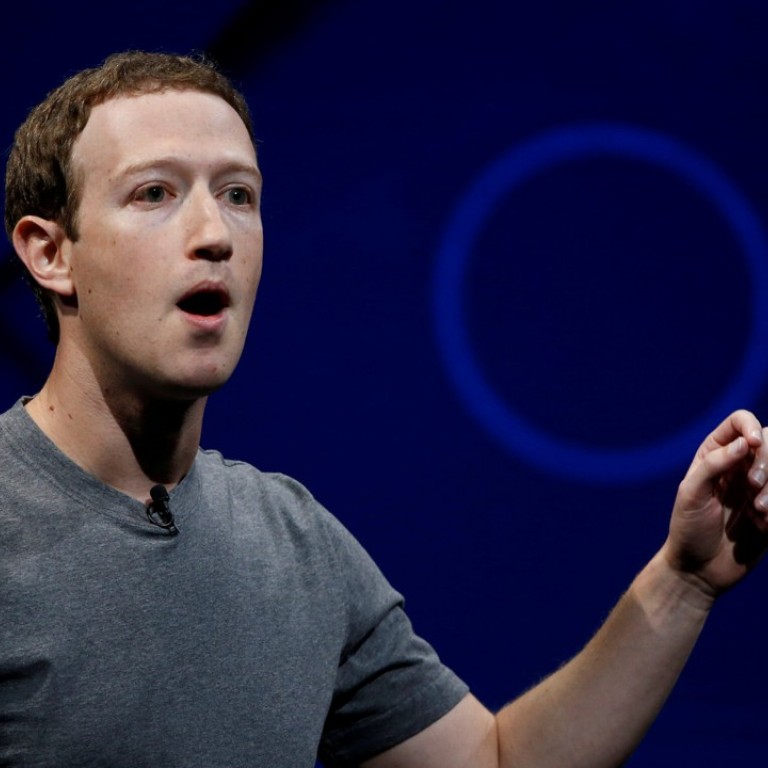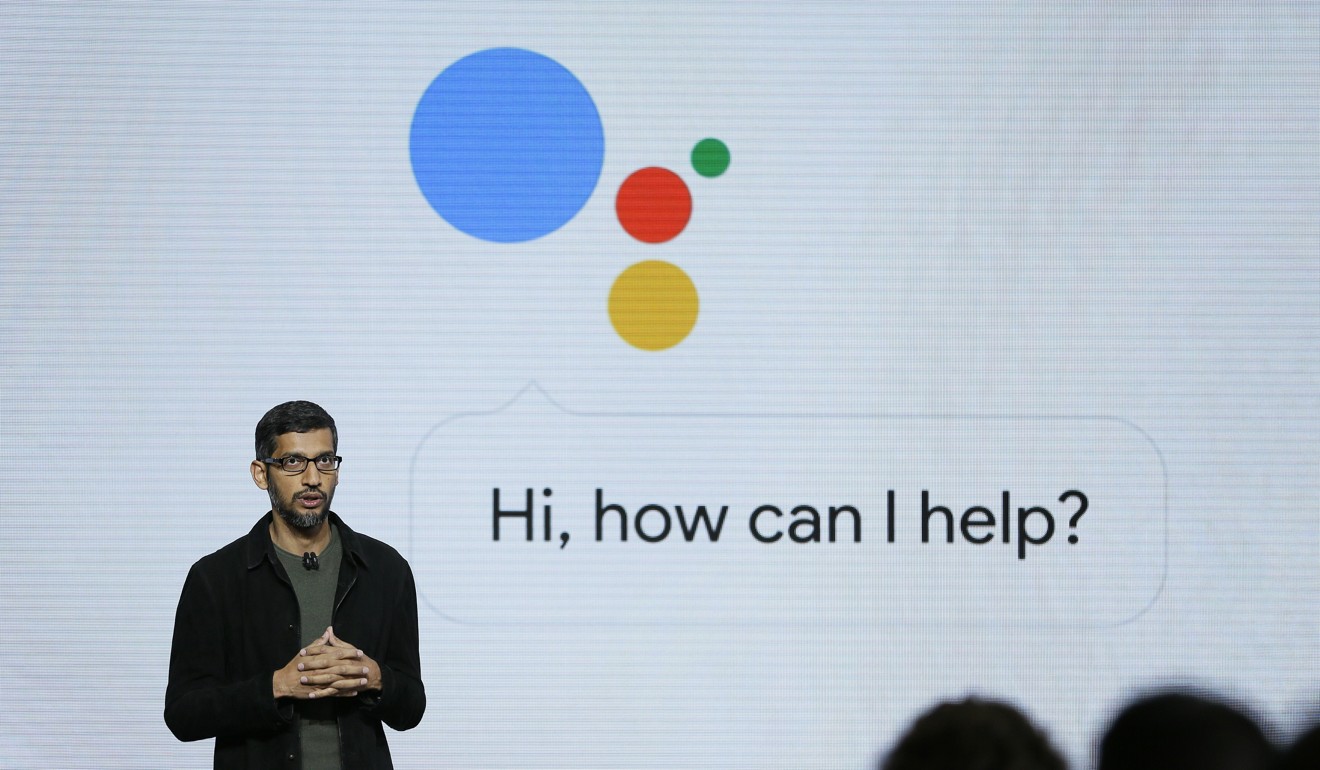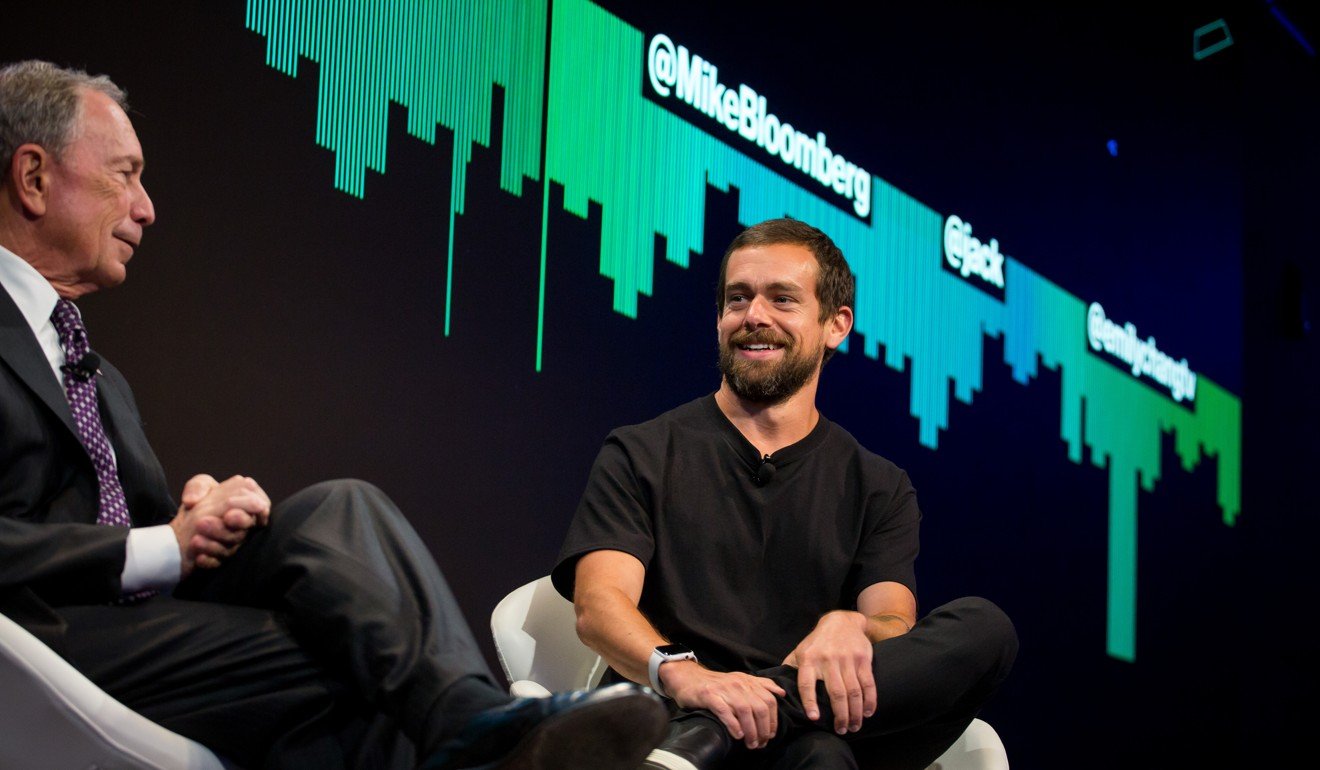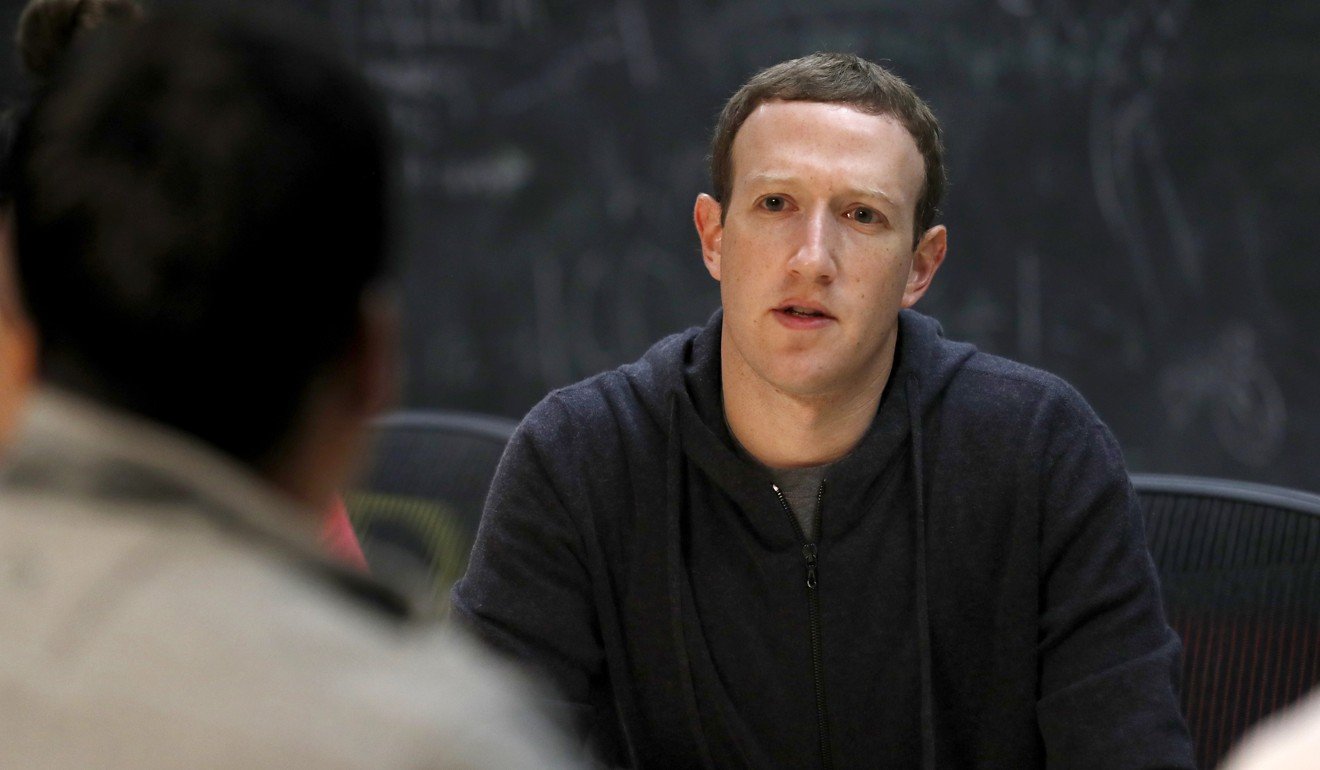
Facebook data privacy scandal threatens fellow titans Google and Twitter as US Congress demands answers
Lawmakers now say they want to grill Google CEO Sundar Pichai and Twitter CEO Jack Dorsey, as well as Facebook’s Mark Zuckerberg, about data practices
US lawmakers want to grill the top executives of Facebook, Google and Twitter, the latest indication that the controversy surrounding Facebook’s data privacy practices now threatens to envelope the whole of Silicon Valley.

It’s the third such request that lawmakers have made of Facebook Chief Executive Mark Zuckerberg to testify since it emerged earlier this month that Cambridge Analytica, a data firm hired by US President Donald Trump during the 2016 campaign, may have improperly accessed names, “likes” and other personal information from at least 30 million Facebook users.
But the Senate Judiciary Committee’s hearing spells the first time that congressional lawmakers have expanded their scrutiny to include Zuckerberg’s peers, Google CEO Sundar Pichai and Twitter CEO Jack Dorsey. The result could be a hearing that exposes both of those tech giants – whose data is not known to have been taken by Cambridge Analytica – to uncomfortable questions about the extent to which they profit from their users’ most personal data, too.
A spokesman for Zuckerberg, who last week expressed his openness to appear at a hearing, said Facebook is still reviewing the request. A spokeswoman for Twitter declined comment. Spokespeople for Google did not immediately respond to requests for comment.

“The FTC is firmly and fully committed to using all of its tools to protect the privacy of consumers,” Tom Pahl, the acting director of the agency’s Bureau of Consumer Protection, said in a statement Monday. “Accordingly, the FTC takes very seriously recent press reports raising substantial concerns about the privacy practices of Facebook. Today, the FTC is confirming that it has an open non-public investigation into these practices.”
For its part, Cambridge Analytica said in a statement Friday that it had obtained data from the social network “in line with Facebook’s terms of service and data protection laws.”

Questions about Trump, the Russian government’s disinformation efforts and the presidential race are likely to return at the scheduled April 10 session – on top of new, uncomfortable queries about the ways that the biggest brands in the tech industry collect and protect information about their users. Some of the Judiciary Committee’s members, including Republican Senator John Kennedy and Democratic Senator Richard Blumenthal are tough, regular critics of the tech industry’s privacy practices.
For now, the session is set to “broadly cover privacy standards for the collection, retention and dissemination of consumer data for commercial use,” the committee announced Monday. “It will also examine how such data may be misused or improperly transferred and what steps companies like Facebook can take to better protect personal information of users and ensure more transparency in the process.”
Meanwhile, the FTC’s probe comes as another blow to the social network.
While the FTC normally refuses to comment on its probes, it took the unusual step of confirming the “non-public investigation” into Facebook over whether it mishandled private data or violated a 2011 agreement which settled an earlier probe.
It threatened “enforcement action against companies that fail to honour their privacy promises, including to comply with Privacy Shield (a US-EU privacy accord), or that engage in unfair acts that cause substantial injury to consumers in violation of the FTC Act.”
The FTC suggested that Facebook could face new legal problems if it violated the consent decree with the consumer agency in 2011 settling charges that it deceived consumers on how it handled private data.
“Companies who have settled previous FTC actions must also comply with FTC order provisions imposing privacy and data security requirements,” Pahl said in the statement.
“Accordingly, the FTC takes very seriously recent press reports raising substantial concerns about the privacy practices of Facebook.”
A public apology by Zuckerberg has failed to quell outrage over the hijacking of personal data.
Separately, Facebook disputed reports that it had been logging call and text data surreptitiously from its users.
A Facebook statement said call and text history logging “is part of an opt-in feature” for those using Messenger or Facebook Lite on Android.
“This helps you find and stay connected with the people you care about, and provides you with a better experience across Facebook,” the statement said, while pointing to ways users can turn off the feature.
Additional reporting by Associated Press

